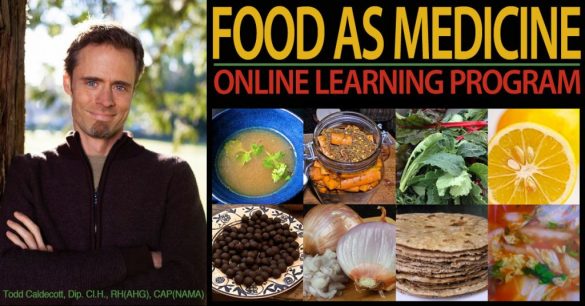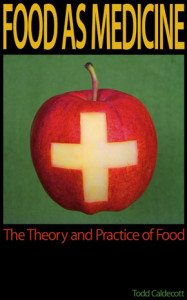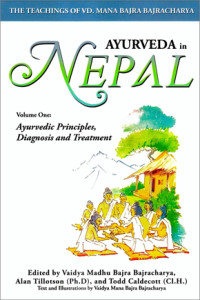For most people living in northern latitudes, summer is a time to really get the most out of life. With the bright sun it’s easy to replete your diminished stores of vitamin D3, as well as take advantage of the other healing benefits the sun’s rays have when we are exposed to them in moderation. Summertime means it’s easier to be outside more often, and so we are more physically active, removing us from the indoor environment which in modern times means a much higher exposure to environmental toxins, released from building materials, paint, carpets, furniture, and electrical equipment such as computers and television monitors. Being active, along with fresh air and sunshine, are surely among the most important ingredients for a healthy life. Although exercise is important, I think people tend to be a little too active in the summer, and just like northerners tend to underestimate the power of the sun during summer and get routinely burned, they also don’t quite understand the risks … [Read more...]
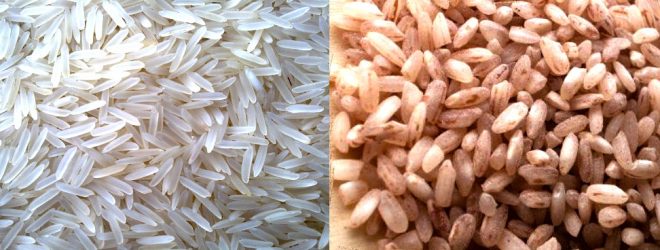
The graduated diet
The ‘graduated diet’, or sansarjana krama in Sanskrit, is a measure utilized in Ayurveda to rekindle the digestive fire (agni). It is used for the purpose of amapachana: to enhance digestion and the processing of wastes, and remove the metabolic and immunological detritus (ama) that is generated with poor digestion. The graduated diet can be utilized in a variety of situations, including whenever digestion is weak and in the treatment of diseases such as fever (jwara). The process of ‘rekindling’ the digestive fire (agni) is analogous to starting a fire in a wood stove, enkindling the agni with easily digestible foods as one would a fire with paper or kindling. Once the fire is established, in the form of a strong appetite, progressively denser and more energy-rich foods are introduced in a graduated fashion to feed the digestive fire, but never so much as to cause it to smolder or be extinguished. How much to eat? The graduated diet isn’t designed to provide a maximal source of … [Read more...]
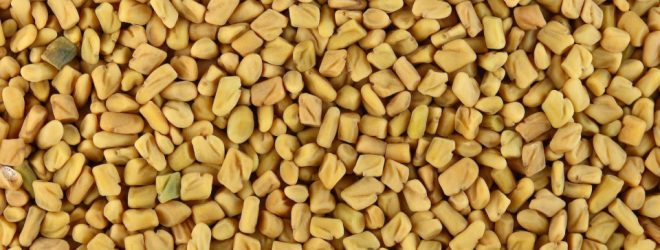
Fenugreek for blood sugar
A little while ago, I received this note from a colleague in India: "I happened to read about your new book Food as Medicine. In this regard I have some information to share with you. While I was in hospital it was observed that I had mild diabetes, with normal fasting blood sugar and slightly high post-prandial glucose. For 4 months I was taking one tablet of Glimulin® (glimepiride) a day. Thereafter, I stopped it and started taking one teaspoonful of fenugreek powder suspended in one glass of water twice day. My blood glucose is now totally under control. From a search in the internet I found that several papers have reported the anti-diabetic effect of fenugreek. It is harmless and very inexpensive. I trust this letter finds you and family in the best of health." Fenugreek is a herb I have been using to control blood sugar in metabolic syndrome and diabetes for a number of years now, often in combination with other herbs for diabetes, including Gurmar (Gymnema sylvestre), … [Read more...]
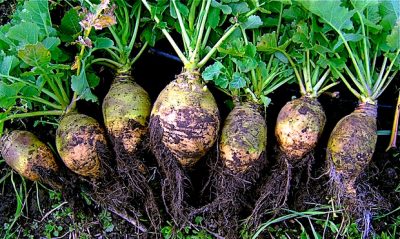
The FODMAPS diet
Over the past couple years I have heard practitioners and patients refer to the FODMAP diet as a way to resolve chronic gut issues like irritable bowel syndrome (IBS). In a nut shell, the FODMAP diet refers to the reduction or elimination of foods that contain various long-chain sugars found in foods such as cereals, pulses, root vegetables, and fruits (see this list). Specifically, the term FODMAP is an acronym devised by researchers at Monash University in Australia, referring to foods that contain "Fermentable Oligo-saccharides, Disaccharides, Mono-saccharides and Polyols". According to proponents of the FODMAP restriction diet, as well as similar diets such as the Specific Carbohydrate and GAPS diet, many of these sugars aren't properly digested. As a result, they are utilized instead by some of the bacteria that naturally inhabit our intestines, leading to their enhanced growth and fermentation, causing symptoms such as gas, bloating, colic, and diarrhea. Many people following a … [Read more...]




